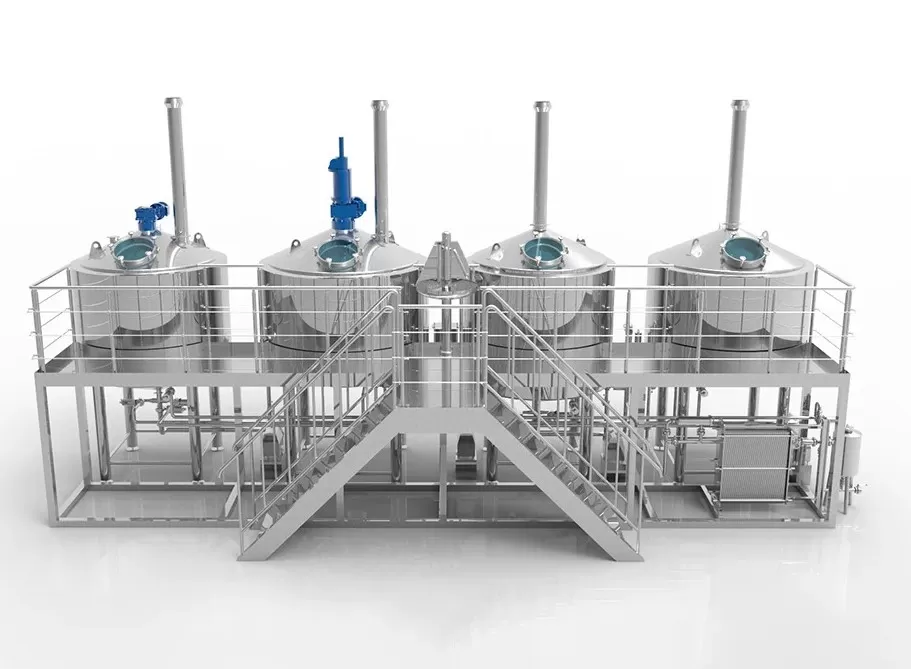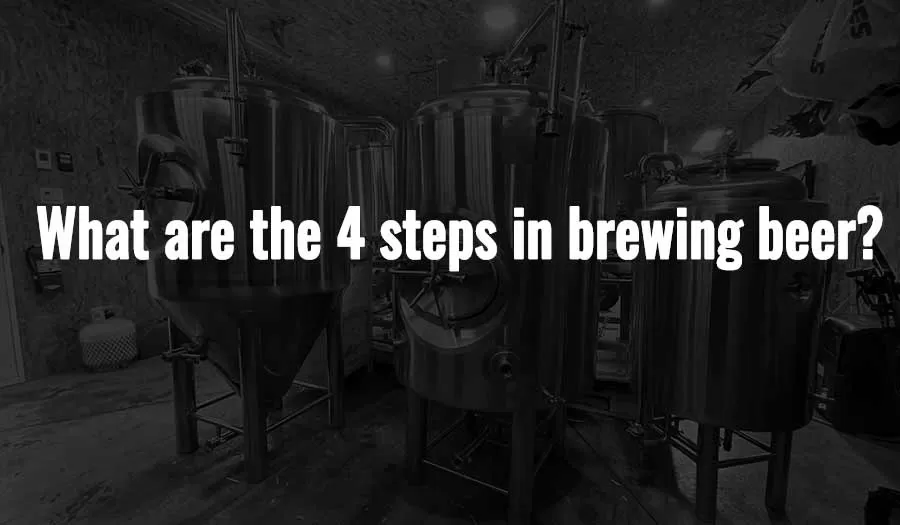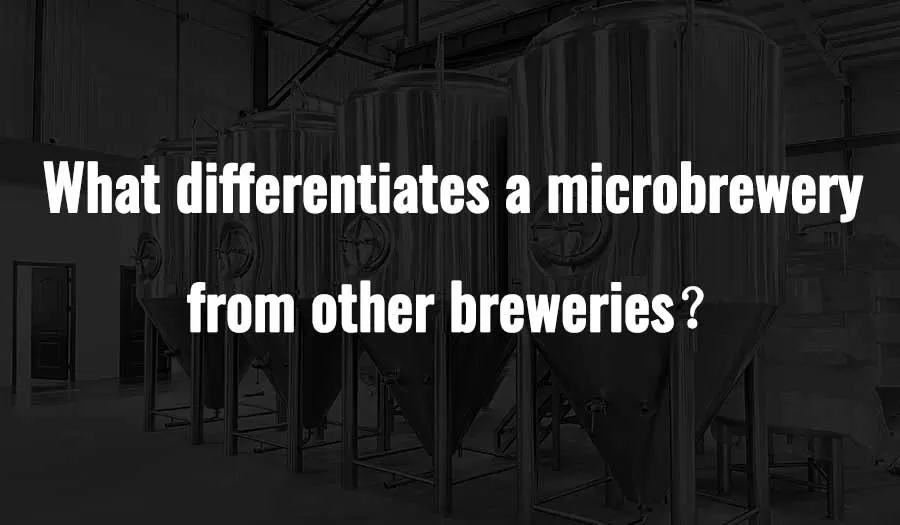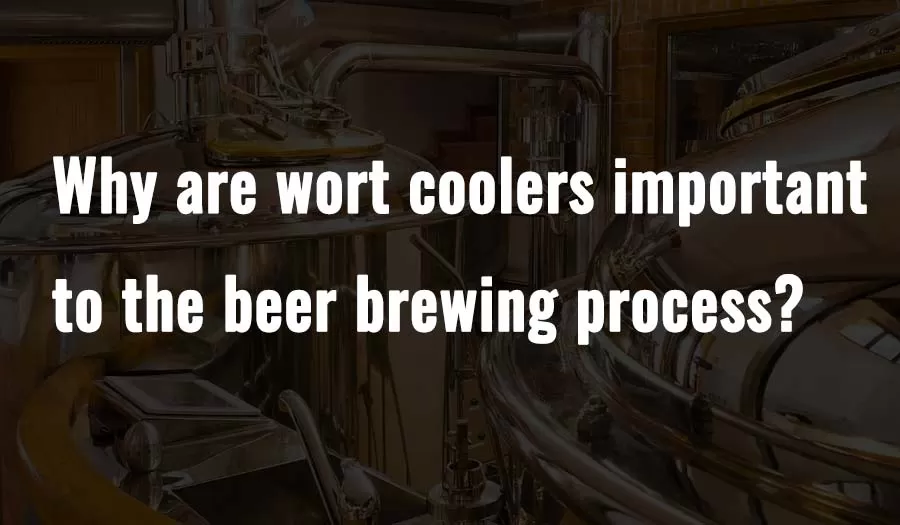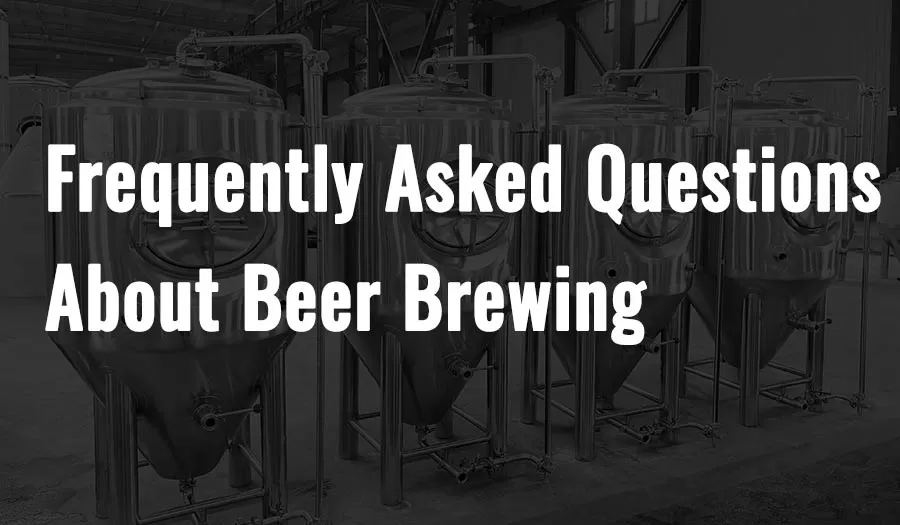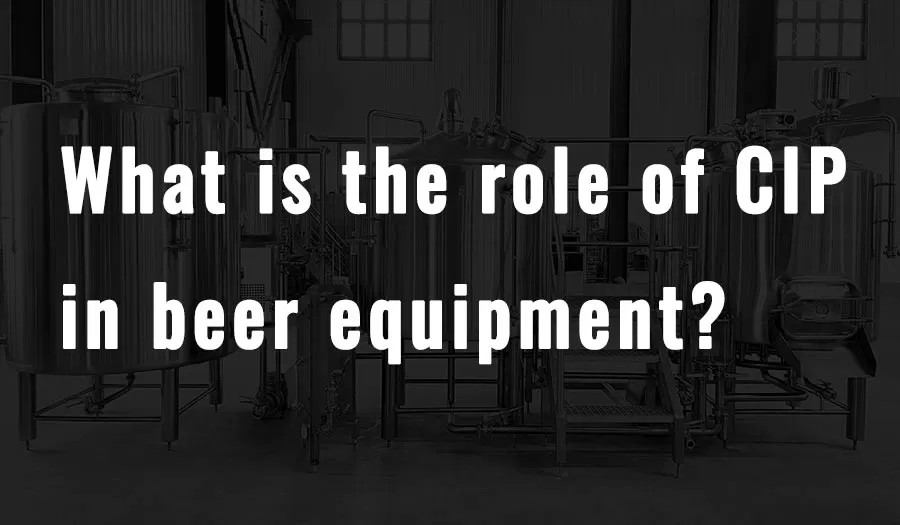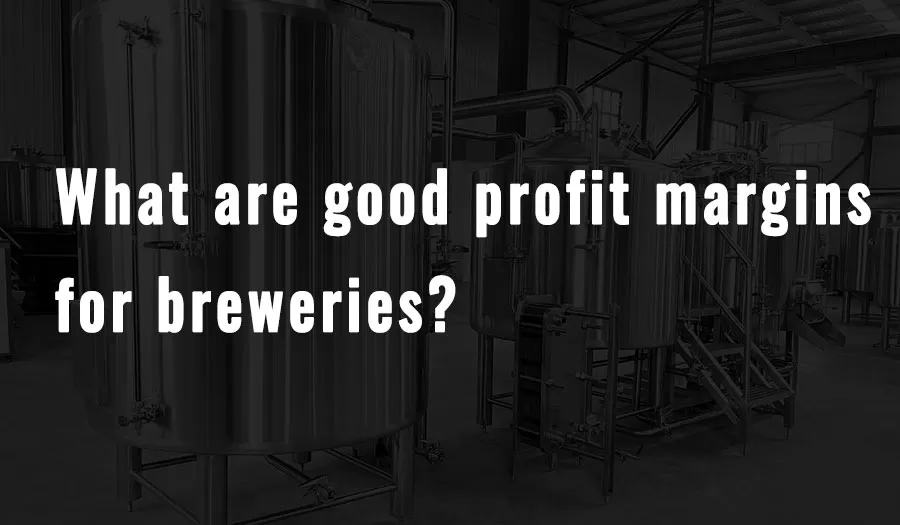The beer brewing process is both a science and an expression of art. Beer has been a popular beverage for thousands of years, and brewing your own can be a fun and rewarding experience. The brewing process can be broken down into four simplified steps: mashing, separation, boiling and fermentation. The four beer ingredients are brought together at each step to create a wide variety of beer styles. But, if you’re new to brewing, the process can be overwhelming. In this article, we’ll break down the four basic steps in brewing beer.
Small Batch Brewery Equipment
Bigger is not always better. Small Batch System can brew any style/type of beer you want.
Micro Craft Brewery Equipment
Because craft breweries are small, they have more room to innovate than commercial breweries.
Commercial brewery equipment
The value there for us is not only do you have the engineering capability, but the brewing knowledge behind that…



